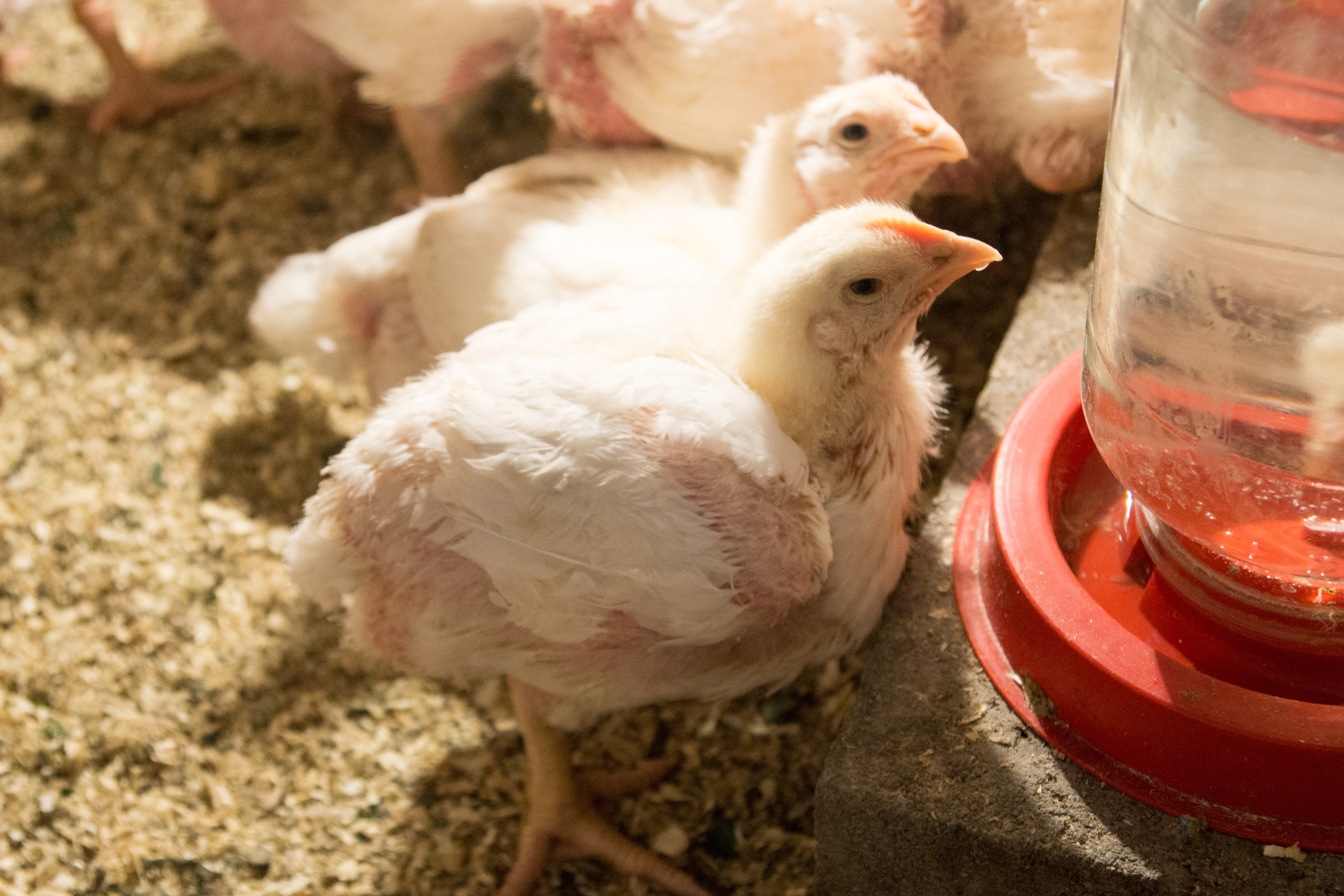



Blend of tannins and fatty acids in broiler feed could act as an alternative to antibiotics
New research suggests that using a blend of chestnut tannins and saturated short-medium chain fatty acids (SMCFA) can prevent the proliferation of pathogens in poultry rearing, providing producers with a potential alternative to antibiotics.According to a recent research paper in the journal Animals, researchers from Italy demonstrated that poultry feed that includes a mix of chestnut tannins and Sn1 monoglycerides (a type of short-medium chain fatty acid) produced similar welfare indicators, weight results and meat quality when compared to conventional feed with antibiotics. This would indicate that blending tannins and SMCFA compounds in feed could achieve an antimicrobial effect without resorting to antibiotics.

Poultry producers and researchers have been seeking an alternative to antibiotics in the industry. Though antibiotic use can control diseases and prevent mortality in birds, their continued use contributes to bacterial resistance and leaves environmental residues. The poultry industry hopes to replace these drugs with natural or synthetic compounds that provide the same protection from disease.
Compounds like tannins have been suggested as an alternative to antibiotics since they have antimicrobial properties. In addition, hydrosoluble tannins could be used in lieu of antibiotics because bacteria like Clostridium perfringens cannot develop a resistance to them. However, their use in animal feed is discouraged because they negatively impact nutrition. These compounds can damage gut villi in monogastrics like poultry. Their use has been linked with lower feed intake and digestibility, and leads to poorer animal performance overall.
In contrast, short chained fatty acids are able to protect the gut against several strains of pathogenic bacteria. They are also very efficient in restoring gut villi and the overall health of the small intestine wall. However, since short chained fatty acids are quickly absorbed in the small intestine, feed formulators have been unable to use them as an alternative to antibiotics.
In this current study, the researchers hypothesised that a blend of these two ingredients could bring about an antimicrobial benefit without hindering the birds’ performance. They created two blends of feed that had differing concentrations of chestnut tannins and a synthetic fatty acid, Sn1. The feed was given to broilers, who were then challenged by the pathogens C. perfringens, Salmonella typhymurium, E.coli and Campylobacter jejuni.
The results indicated that the experimental blends were able to prevent the pathogens from proliferating while also maintaining meat quality and broiler welfare. This research could represent a further tool available to poultry keepers who want to reduce antibiotic use. The researchers concluded that further studies should be conducted in order to determine if this method could be used on animals in stress conditions.
Read the full research paper here









